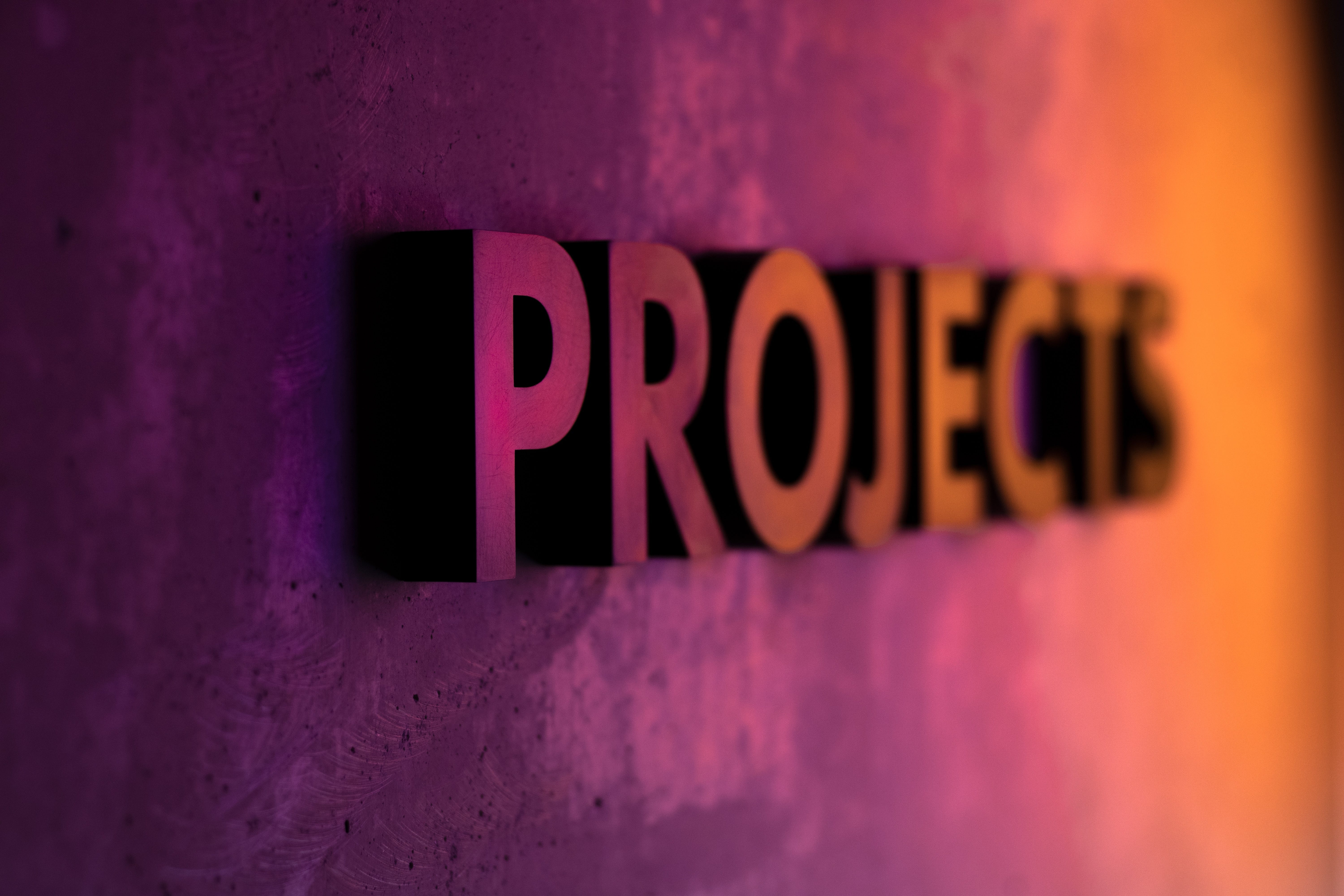
ADAPT

The ADAPT project is the flagship program of the National Institute of African Studies (NIAS), a non-profit research organisation that advocates public policy initiatives and education schemes. The activities and outputs of the project operate towards the primary outcome: eradicating intergenerational poverty in Africa. The project targets talented individuals who struggle to publish their ideas into high-impact journals. All ADAPT’s activities are FREE and open for all students and early career researchers coming from around the world. The activities include: university short courses, conferences, workshops, and PhD fellowships. In short, through the ADAPT project, NIAS seeks to promote initiatives focused on overcoming problems related to local needs of communities in Africa by developing a change-maker mindset. The participants will publish their manuscripts into our peer-reviewed journal, The Saharan, which will help them design aid schemes, create addendums for existing governmental policies, and learn how to launch an academic journal. The project’s literature, e-courses, and the participant’s published manuscripts will be stored in our open-access archive, the African Data Library (ADL). ADAPT’s activities are managed and evaluated by four committees, supervised by professional leaders through the NIAS office in London, UK.
Aims of the project
Through the ADAPT project, NIAS seeks to promote initiatives focused on overcoming problems related to local needs of communities in Africa by developing a change-maker mindset. It also intends to cultivate creative engagement with contemporary Africa by focusing on how academic output generates and sustains growth on the continent. Manuscripts from authors and researchers are expected to fit in broadly with this concern seeking to address an informed but diverse audience.
Specific objectives of ADAPT include:
- Forming a learning platform among students, scientists and academics from different countries to produce poverty relief initiatives for affected regions in Africa
- Generating evidence to show that African governments should nurture higher education and research projects as a route to realising sustainable development goals
- Developing knowledge and opportunities for emerging regions in Africa through new or existing aid projects with an emphasis on challenging economic, social, political and physical factor
CREATIVE CAMPUS

The Creative Campus is NIAS’s department that looks to fill a gap in the global policy space by publicising voices from around the world. Our programmes are separated into several departments focusing on a range of thematic areas and global issues. The Campus’s agenda is divided into several departments:
- Public Sector Reforms
- Economic Development
- Conflict Resolution
- Food Security
- Investment Prospects
The core values of the department concern equality, kindness, and profes-ionalism, which we promote through research and studies. The researchers that run the department are coming from all over the world and practice a wide range of subjects. Each thematic area is developed through writing op eds, analytical blog posts, and webinars. They are guided by a group of specialists from our Board to work towards building a platform for intellectuals who want to contrib-ute to wider social debate and public good.
THE SAHARAN JOURNAL

The Saharan is a new interdisciplinary journal aimed at exploring the dynamic relationship between culture and development in Africa. Development is a multi-dimensional process focused to change the structures, attitudes, and institutions to accelerate economic growth, reduce inequality and eradicate absolute poverty. While cultural dimensions of a society play a nominal role to shape the development processes, those are frequently neglected due to various political and economic reasons. This journal seeks to revitalise applied cultural studies to answer the following questions: How cultural diversity affects what people do and want? How cultural factors interact with other variables of the development processes? And how culture itself is affected by various dynamics of development on the international scale?
The Saharan Journal seeks to engage outstanding authors, academics, artists and all other pertinent contributors to African dominion. Ultimately, the journal is committed to fostering a nonpartisan venue that challenges established views and perceptions of Africa whilst promoting flawless frameworks for representation and interpretation.
NIAS will support its members and clients thorugh the journal and integrate objective to revitalise applied cultural studies and answer the following questions:
- How does cultural diversity affect what people do and want?
- When do cultural factors interact with other variables of the development processes?
- What aspects of culture affects the various dynamics of development on an international scale?
Along with The Saharan Journal, NIAS seeks to engage outstanding authors, academics, artists and all other pertinent contributors to the African dominion.
